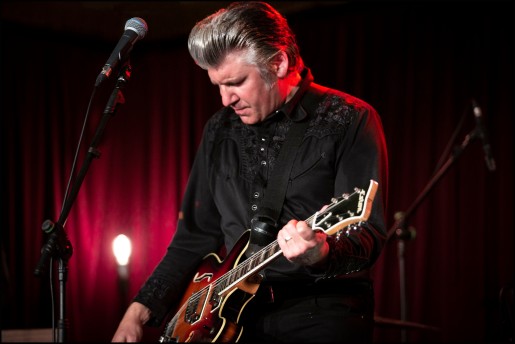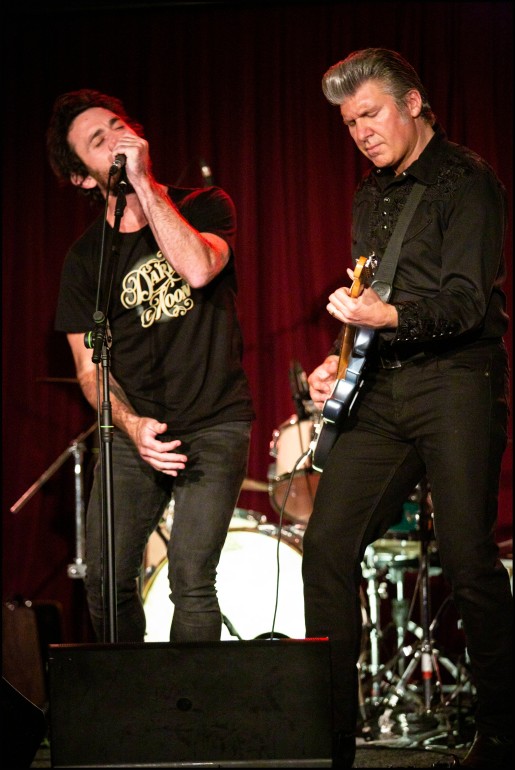Baroque Room, November 22
7/10
Just as cigarettes carry health alerts, some acting contracts should warn that typecasting can be bad for your career. Similarly in music, record companies have vetoed releases they deemed too much of a shock to a given fan-base. Now here was Michael Simic renouncing his own typecasting. Michael who? If I say Mikelangelo of Mikelangelo and the Black Sea Gentlemen, Simic may come into sharper focus. But while the voice and the hair are the same, the artistic intent is almost the polar opposite.

For 20 years Simic has plied his trade as an invented cartoon character within a self-created idiom that might best be described as “Baltic noir”. Now, after a fatherhood-prompted awakening, the real Simic has shrugged aside his alter ego for long enough to write some songs intended to touch more than to amuse. But when one has spent two decades hearing his improbably opulent baritone deployed in the cause of humour, one has to actually flick a switch: turn off the ingrained perception that this voice equals a giggle; that now one’s ears are imbibing more serious lyrical fodder.

Musically, meanwhile, Simic surfs assorted idiomatic waves, with 1950s pop and country, Leonard Cohen and Nick Cave being reference points, and his voice riding atop his own electric guitar, Marko Simec’s keyboards and accordion, Michaela Davies’ bass and Reuben Alexander’s drums and harmonica. It’s a groovy band, with ample capacity to colour the songs without getting in the way of the words.
The ghost of Mikelangelo still lurks about, too, so we often find ourselves playing catch-up when the switch has been flicked to “serious”. Gradually we adjust, and discover this version of Simic can be haunting – as on Almost a Mirror (with help from telling guest singer Michael Mooney) and the beautifully-crafted Dark Moon – or can grab you by the throat and not let go, as on Don’t You Know, with its searing references to John the Baptist and Joan of Arc. Mikelangelo, it seems, has just unleashed his inner self.